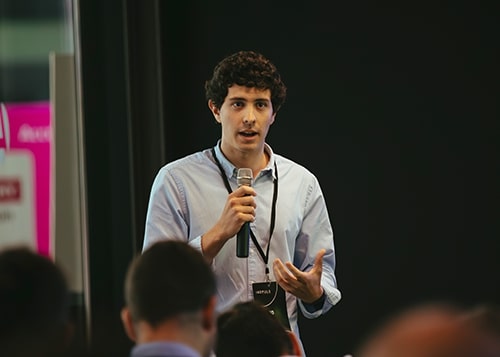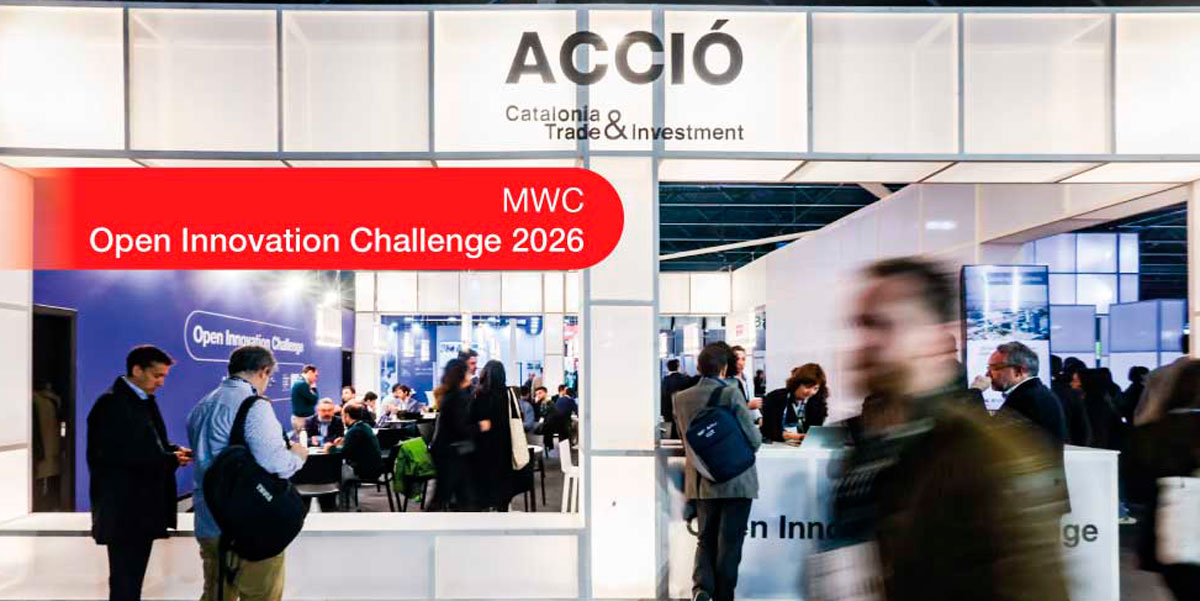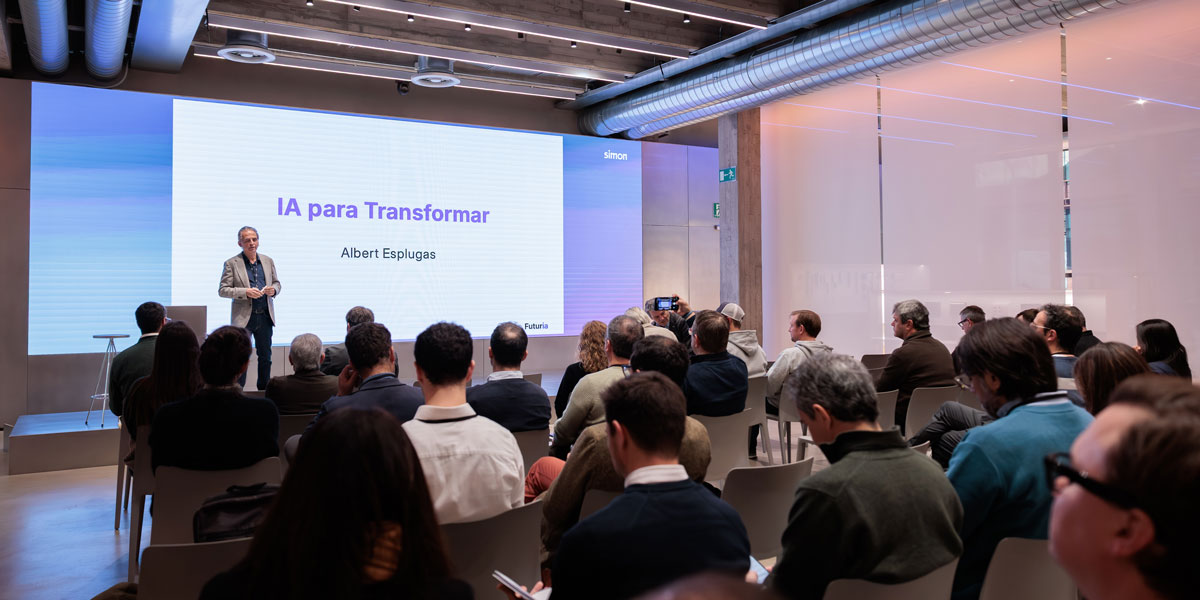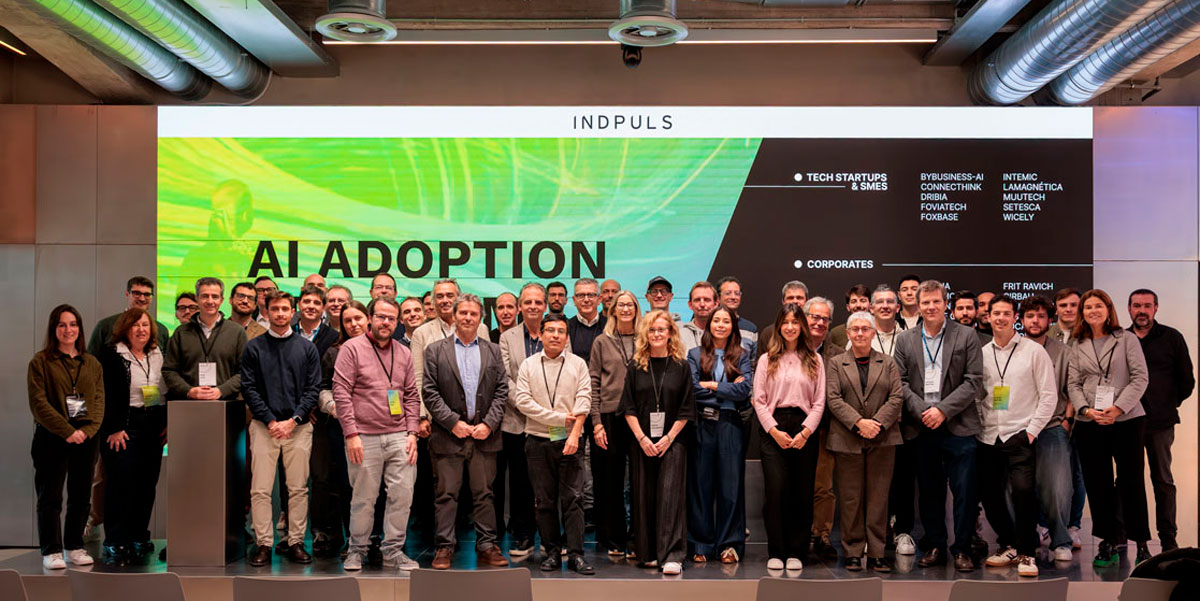Interview with Laia Soler, Innovation Manager at Celsa Group.
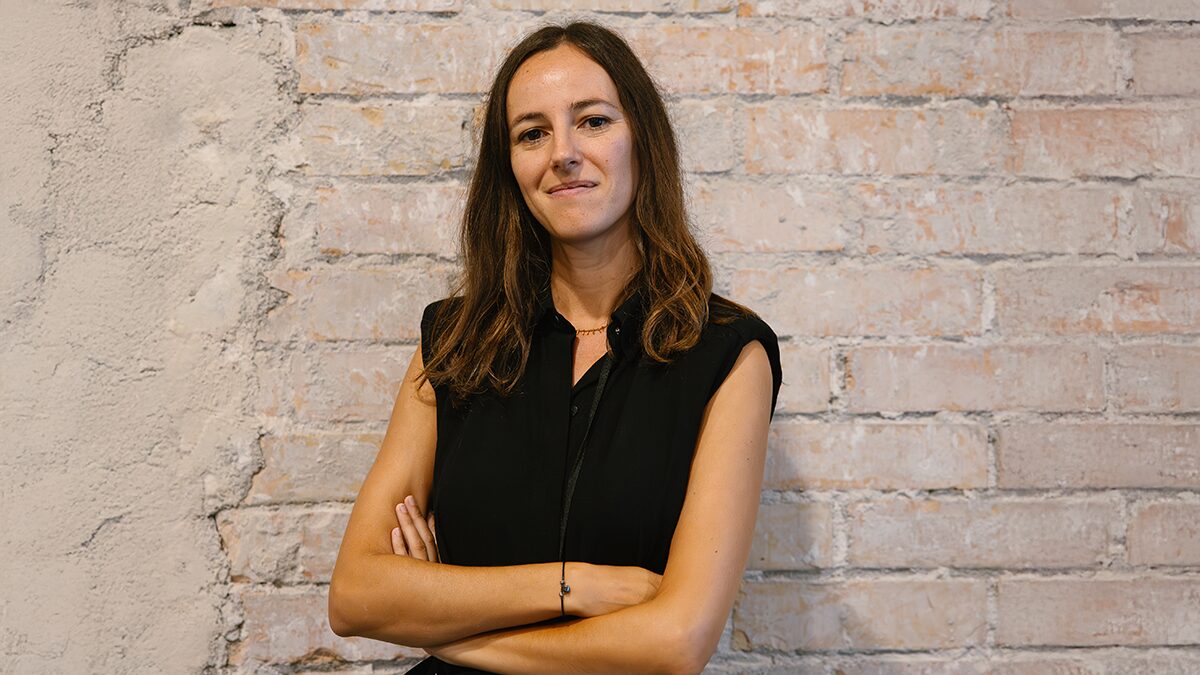
Celsa is a company specialized in the production of steel and derivative products. The company has grown significantly, expanding its presence internationally and becoming a leader in Europe in the production of low-emission circular steel. Celsa stands out for its focus on sustainability, implementing recycling processes and energy efficiency in its production. Additionally, it is known for its ability to adapt to market changes and its commitment to innovation, which has allowed it to remain a key player in the steel industry for over five decades.
We spoke with Laia Soler, Innovation Manager at Celsa Group Spain and France, who holds a Ph.D. in materials science and has extensive experience in corporate innovation. She has participated in the development of the company’s open innovation strategy, promoting collaboration with other companies and the development of pilot projects.

How would you define Celsa Group’s innovation model?
The Innovation Unit acts as a bridge between the technological ecosystem and the business units, driving projects that contribute to our goals of zero emissions, total circularity, and worker 5.0.
In this moment of ecological and digital transition, we face challenges that lack commercial solutions. In this regard, we rely on the capabilities of our R&D+i ecosystem. We actively collaborate in the co-development of solutions with research organizations such as universities, research or technological centers, as well as with other companies and startups.
This collaborative approach not only strengthens our ability to tackle complex challenges but also enriches our innovation process and positions us more efficiently in the face of these environmental changes.
Celsa is a company that stands out for its willingness to collaborate with startups. Why do you think these alliances are important?
We are a millenary industry going through a sectoral transformation phase, where needs and technologies are constantly changing.
Collaborating with startups gives us access to fresh ideas and cutting-edge technologies that enhance our capabilities and keep us at the forefront. This way, we can be more agile and work within a model where both parties benefit and grow together.
Currently, innovation must align with environmental and social sustainability, making partnerships with external agents even more essential!
“Collaborating with startups gives us access to fresh ideas and cutting-edge technologies that enhance our capabilities and keep us at the forefront.”
What innovation challenges are you currently working on? Can you share some examples?
We focus on cross-cutting challenges that allow us to implement scalable solutions after validating them with a proof of concept.
This year, we have been working on six key challenges:
- Industrial safety and health
- Sensors for severe environments
- Industrial energy efficiency
- Efficient water management
- Traceability and Digital Product Passport
- Nanoparticles from steel by-products
How do you foster a culture of innovation within your organization?
We believe that creating value through projects that positively impact operational areas is essential to engage teams to participate and propose new ideas. We strive to maintain a continuous dialogue with functional units to promote effective collaboration and a conducive environment for innovation.
We also organize, for example, awareness sessions with entrepreneurs or experts on technologies and trends, and maintain constant internal communication about initiatives, R&D+i projects, and events.
Celsa is one of the founding companies of INDPULS. Why do you think collaborative innovation is important?
Collaborative innovation allows us to multiply efforts by joining forces. INDPULS is a space where industrial companies can share knowledge, ideas, projects, and a technological radar that keeps us at the forefront. This type of collaboration not only enriches the innovation process but also enhances the entire Catalan industrial ecosystem.
What does INDPULS represent for you?
Shared value, inspiration, and cutting-edge.



